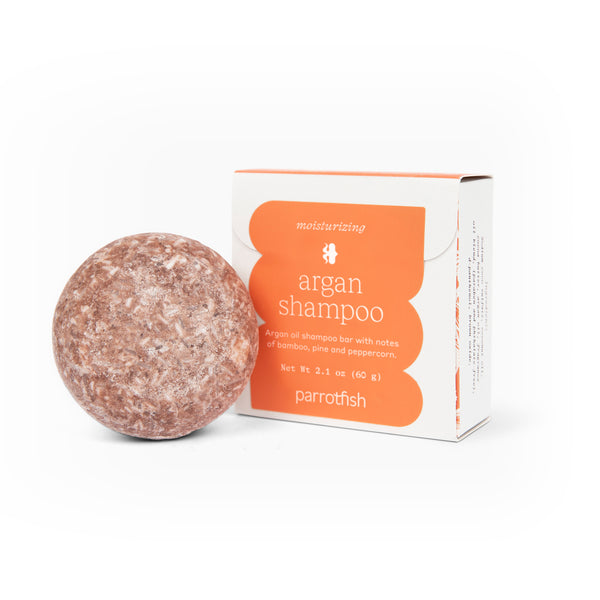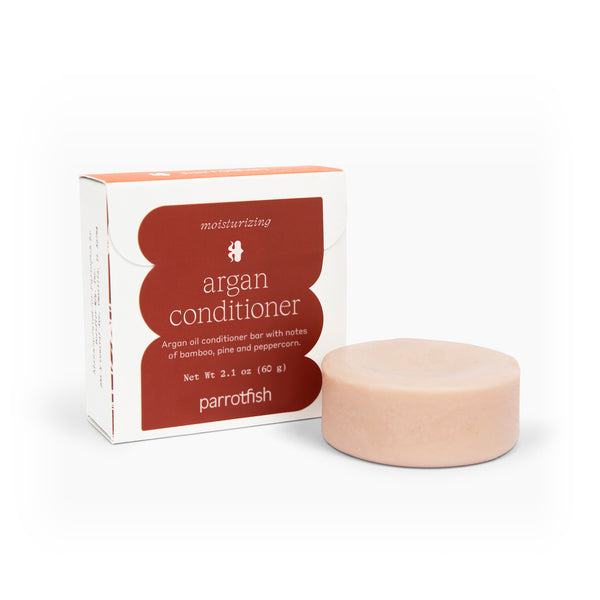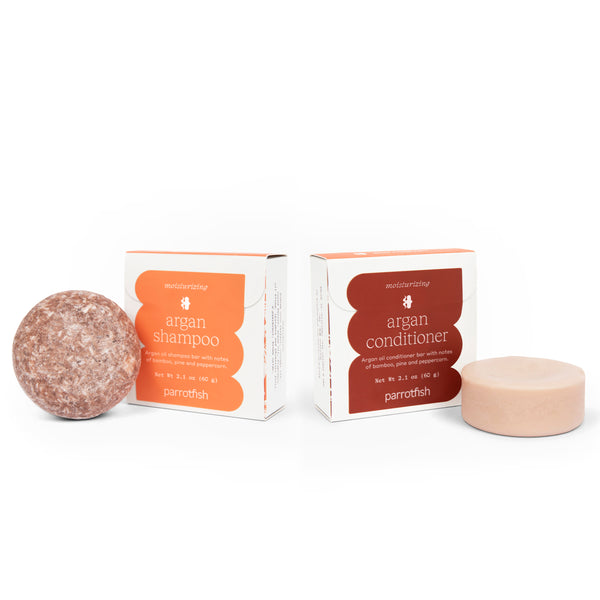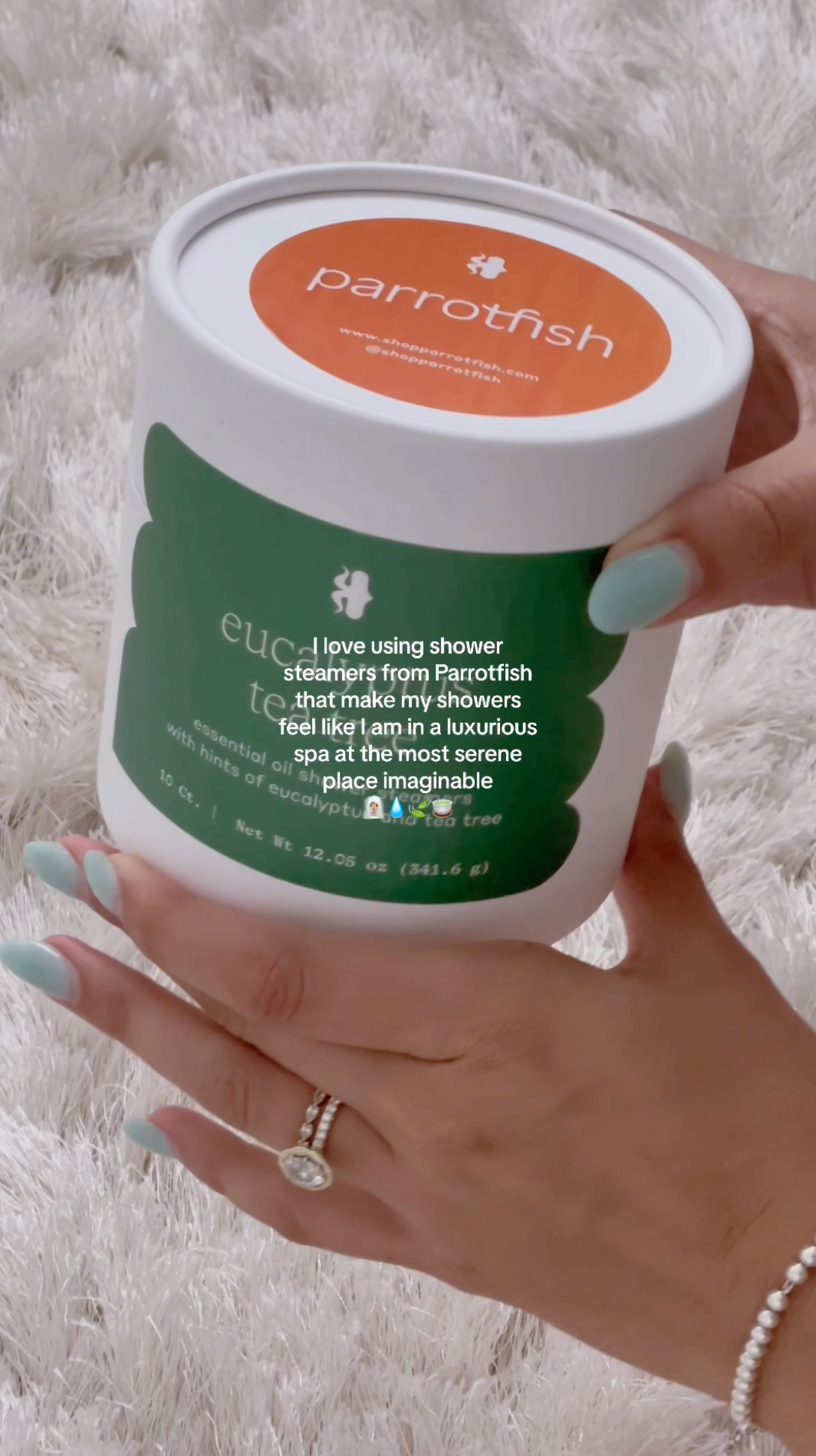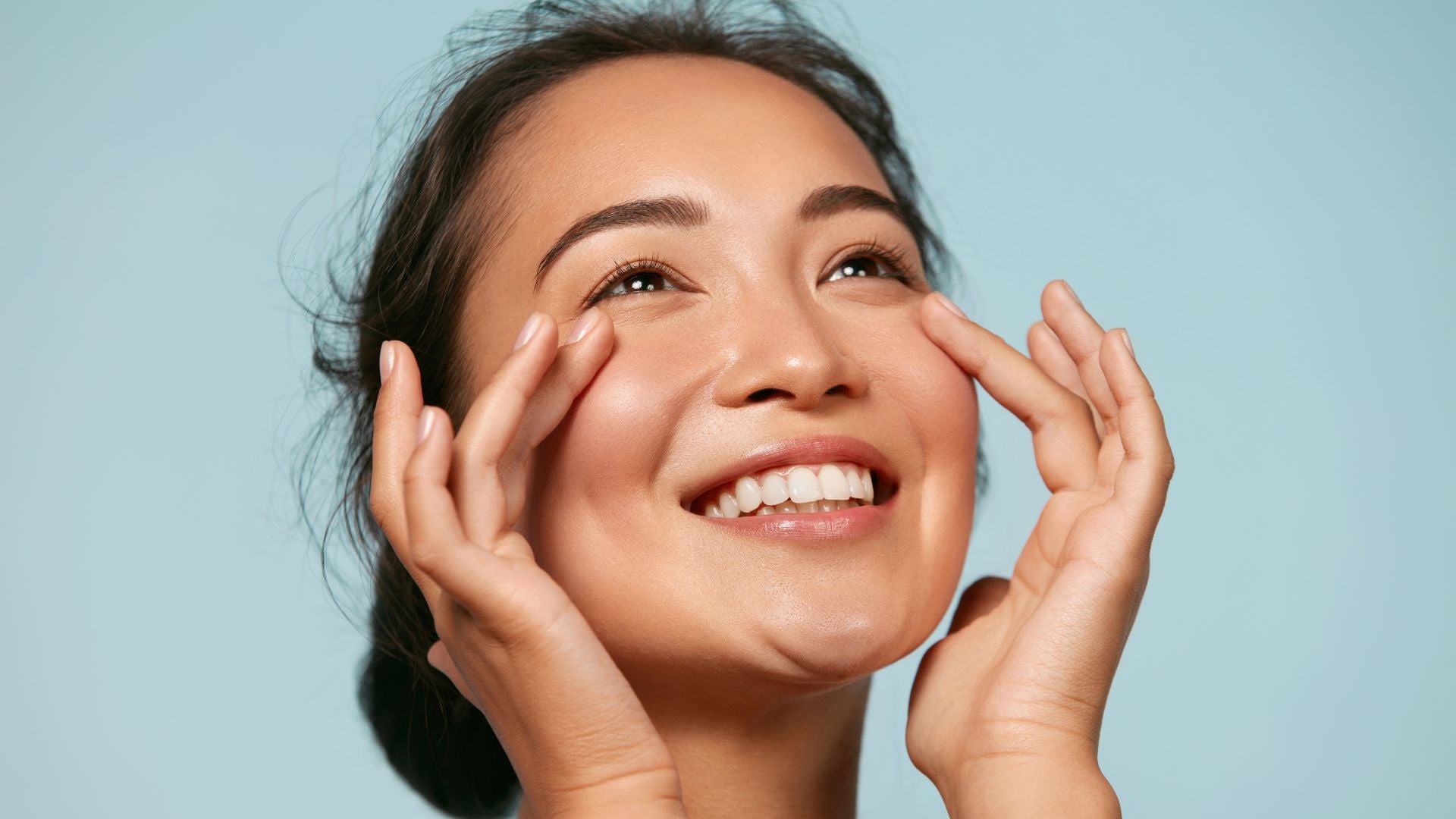

Argan Oil for Skin & Face Health
An In-Depth Look at Argan Oil and Its Benefits
What is Argan Oil?
Argan oil, derived from the kernels of the argan tree indigenous to Morocco, is a versatile oil often sold in its purest form. This oil can be applied directly to the skin or ingested to gain various health benefits. It's available in supplement capsules for oral intake and is commonly integrated into numerous cosmetic products such as shampoos, soaps, and conditioners.
Traditionally, argan oil has been used both topically and orally to enhance the health of skin, argan oil for hair, and nails. It is rich in beneficial properties and vitamins that contribute significantly to skin health.

Skin Benefits of Argan Oil
1. Sun Protection
Moroccan women have long utilized argan oil to shield their skin from sun damage, a practice supported by a 2013 study. The antioxidant activity in argan oil helps protect the skin from free radical damage caused by the sun, preventing burns and hyperpigmentation. Over time, this protection may reduce the risk of developing skin cancer, including melanoma. Argan oil can be applied topically or taken orally to enjoy these benefits.
2. Skin Moisturization
Argan oil is widely recognized as a moisturizer, which is why it's often found in lotions, soaps, and hair conditioners. Its high vitamin E content, a fat-soluble antioxidant, helps improve water retention in the skin, making it an effective moisturizer when applied topically or ingested as a daily supplement.
3. Treatment of Skin Conditions
With its antioxidant and anti-inflammatory properties, argan oil can alleviate symptoms of various inflammatory skin conditions such as psoriasis and rosacea. For psoriasis, applying pure argan oil directly to the affected areas yields the best results. Rosacea symptoms may be better managed by taking oral supplements.
4. Acne Treatment
Hormonal acne, caused by excess sebum production due to hormonal changes, can be effectively managed with argan oil. Its anti-sebum effects regulate sebum production, helping to treat different types of acne and promoting a smoother complexion. Argan oil or face creams containing it should be applied to the skin at least twice daily, with noticeable results typically appearing after four weeks.
5. Healing Skin Infections
Traditionally, argan oil has been used to treat skin infections due to its antibacterial and fungicidal properties, making it effective in treating and preventing bacterial and fungal infections. Applying it to the affected area at least twice daily can provide relief.
Related Products
6. Enhanced Wound Healing
The combination of antioxidants and vitamin E in argan oil can accelerate wound healing. Regularly taking argan oil supplements can help wounds and cuts heal faster.
7. Relief for Atopic Dermatitis
Atopic dermatitis, characterized by itchy, red skin, can be soothed by argan oil. The vitamin E and natural inflammatory properties of the oil help reduce symptoms when applied to the affected areas. Research has shown significant symptom reduction in patients treated with vitamin E, abundant in argan oil.
8. Anti-Aging Properties
Long used as an anti-aging treatment, argan oil has now been supported by research involving postmenopausal participants. The study revealed that a combination of oral and topical argan oil significantly increased skin elasticity, providing an effective anti-aging solution. Benefits can be obtained by applying the oil directly to the skin, taking supplements, or both.
9. Reduction of Skin Oiliness
For those with naturally oily skin, argan oil can help reduce the oiliness by decreasing sebum production. A study found that twice-daily application of an argan oil-containing cream reduced significant sebum activity and oiliness within four weeks.
10. Prevention and Reduction of Stretch Marks
Stretch marks, common during pregnancy but affecting many people, can be prevented and treated with argan oil. A 2016 study found that a water-in-oil cream with argan oil improved skin elasticity, helping to prevent and reduce stretch marks. Applying the oil to the affected area at least twice daily from the early stages can yield the best results.
Potential Side Effects and Risks
While argan oil is generally safe for most people, some may experience minor side effects. Topically, it can cause skin irritation, leading to rashes or acne, particularly in individuals with tree nut allergies, as argan oil, derived from a stone fruit, might trigger similar reactions. Testing the oil on a small skin patch before widespread use can prevent adverse reactions.
When taken orally, argan oil might cause digestive issues such as nausea, gas, or diarrhea. It can also lead to loss of appetite, bloating, and, in some cases, skin reactions like rashes or acne breakouts. Rarely, severe side effects such as confusion, insomnia, general malaise, overexcitement, depression, and agitation may occur. If these symptoms appear, discontinue use immediately.
The Takeaway
Whether applied topically or ingested, argan oil offers numerous health benefits and is safe for most people. Its healing properties and vitamins make it a powerful addition to skincare routines. However, if after several weeks there is no improvement in the condition being treated, consulting a healthcare professional for alternative treatments, including prescription medications, may be necessary.
Also read argan oil benefits for hair

